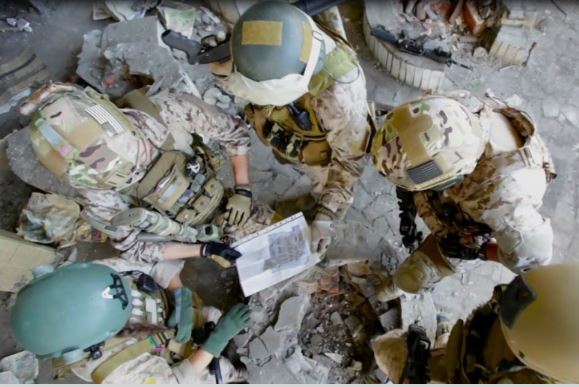As I continue to explore Complexity Theory and “trust” in school and school leadership, I have elevated the importance of communication within leadership outlook. In the past 12 months that has meant acting upon Kevin Flinn’s seminar and Patricia Shaw’s advice…
Leadership – the art of convening conversations that might not otherwise have happened. – Patricia Shaw
…investigating how leaders develop Trust in school via Dr Paul Browning work and listening to the Radical Candor podcast…… whilst conscientiously working on my communication skills and preparing effective communications.
That is, sending and ensuring that messages are received as intended (200% communication) and, receiving and clarifying messages, and establishing the underpinning values of various communications and conversations I am involved in.
It is safe to say, I did not perceive communication to be as important or as refined a set of skills, as I do now.
Lastly, communication often features over at the Leadership Freak, with Dan Rockwell sharing some general posts on communication as well as posts on the journey of a leader.
The single biggest problem in communication is the illusion that it has taken place. George Bernard Shaw
Sending and ensuring that messages are received as intended
Almost all communications, both spoken and written, are now prepared. Leadership huddles, staff briefings, staff email digestions, parent emails, newsletters, end of term letters, headteacher reports (weekly, termly and yearly). Staffroom messages (school priorities) and organisation reinforcement (Values and priorities). Line meetings, scheduled meetings, staff training and INSET days are scripted. Also, informal conversations are at least thought through. The wider audience, typically, the more care given to the communication and less attribution given for success,with recognition more personalised; an email or thank you, a quiet acknowledging conversation, a kudos nomination. A deferred complement to a colleagues line manager.
Important, informal corridor approached or conversations are most likely to be deferred or repackaged as a “Coaching-on-the-go” (See Maureen Bowes @pplintelligence over at People Intelligence). Particularly those that imply an urgency of the part of the initiator. In my experience, urgency often degrades the quality of reception.
SITUATION – What’s working? What’s not working?
POSSIBILITY – What could work? What could I / we do differently? What would make a difference?
ACTION – What are the next steps to make this happen?
Deferrals are more common. “That is a good question for…” or “I have an appointment in 15 minutes. I want to give this conversation the time it deserves. Can we schedule the meeting for…”
Minimising errs
Step one, is to avoid errs. Where I have encountered communication errs, it has been typically a result of one of four consequences.
A genuine err. With emails dominating communications (often used as both message and record of message sent) – I have missed requests or actions within the email or even the attachment to the email.
Overlooking the importance of checking that the original communication sent, was the communication received and understood OR
The communication was squashed in between prior commitments or competing priorities.
Something was not said at all. Withheld.
Errs have been reduced by not only considering what is communicated and the audience, but when and where the messages are shared, reducing the competing distractions and the use of clarifying questions.
For example – morning leadership huddles ensure the leadership team are on message. Briefings are shorter and more focused, and I have my colleague David Rogers to thank for that improvement.
Communications and notices are summarised twice a week via an email digest – this has three benefits, reduced email traffic, consistency and part time staff get all the key messages. After-action-reviews or AARs include a review of communication effectiveness. Friday messages are kept to a minimum.
Clarifying questions
More recently, I am more likely to use clarifying questions that message has been understood, either by the other person in the conversation or intend to ensure I understand.
“Can I check we are in step? What is your understanding of this conversation?”
“What information have I failed to share with you, in order for you to move forward with this task?”
As I am to make sure I understand fully.
“Am I right in saying that…” or “I’d like to be sure I understand…”
Finally, to try and avoid “withheld” communication from a conversation, I will often use “have you got everything you need from this conversation?”
If, as Jack Welsh told us, we are the “Chief Meaning Officer” – best make sure that the messages we send, are understood as we intended and the messages we send are clear, and received, as intended.


